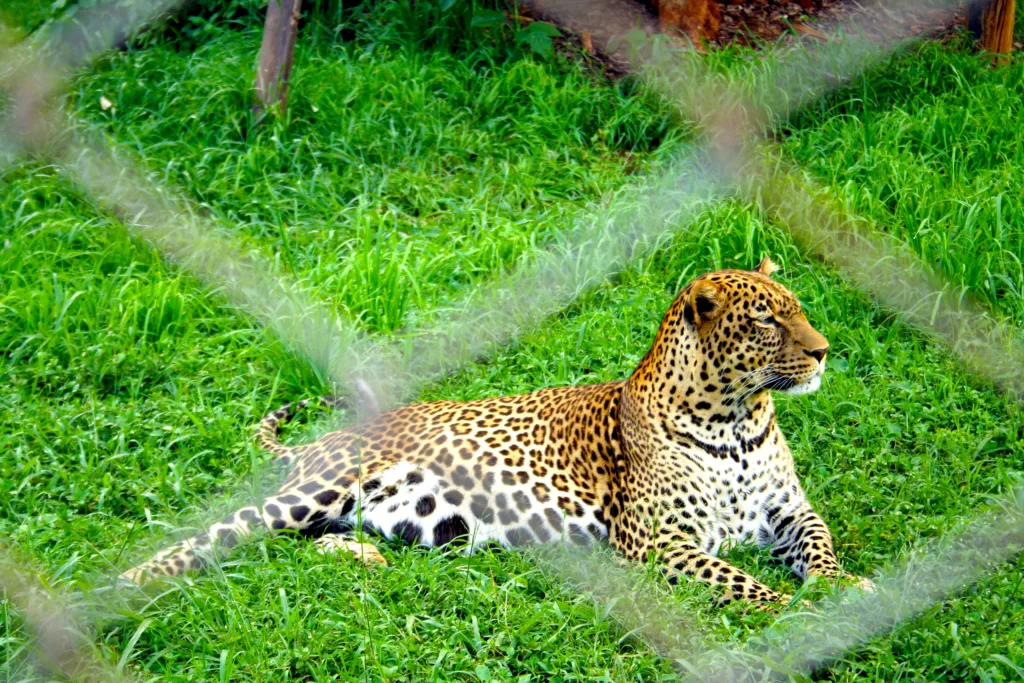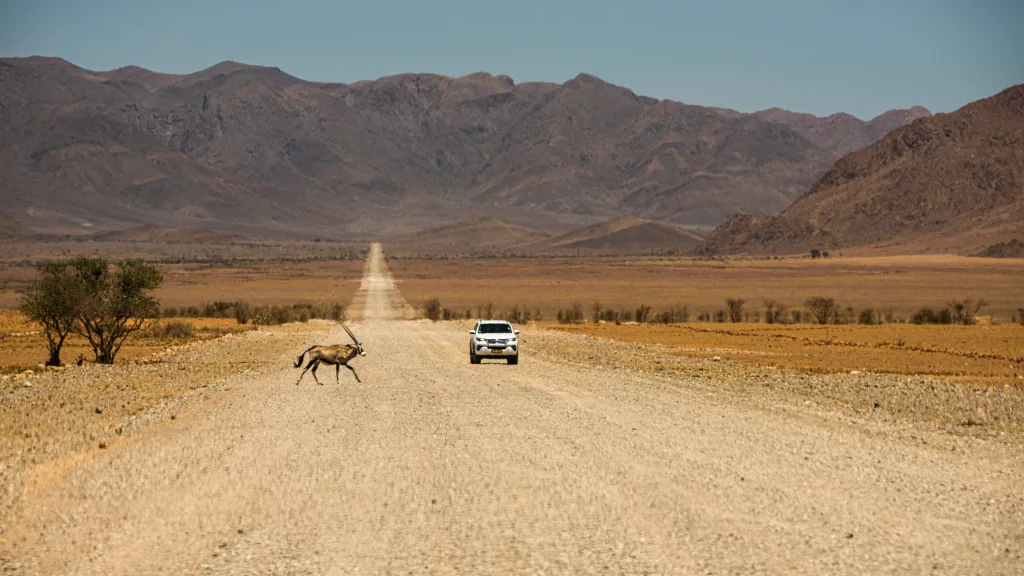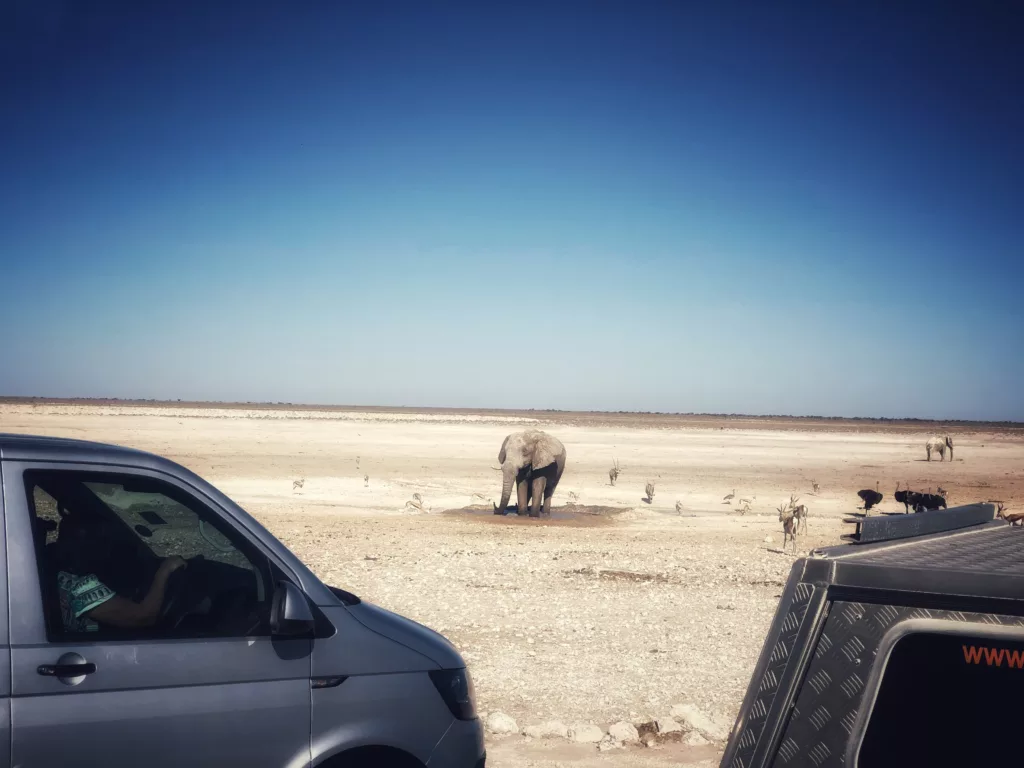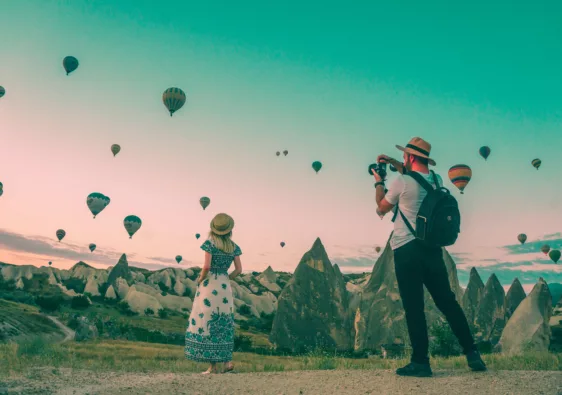
Jump to a specific section
- 1 Introduction
- 2 Table of Contents
- 3 1. What is Responsible Wildlife Tourism?
- 4 2. The Importance of Responsible Wildlife Tourism
- 5 3. Ethical Encounters with Wildlife
- 6 4. Wildlife Conservation Efforts
- 7 5. Choosing the Right Tour Operator
- 8 6. Impact of Your Choices
- 9 7. Case Studies of Responsible Wildlife Tourism
- 10 8. Engaging with Indigenous Communities
- 11 9. Responsible Wildlife Photography
- 12 10. The Role of Education in Wildlife Tourism
- 13 11. Promoting Responsible Wildlife Tourism
- 14 12. Tips for a Memorable and Responsible Trip
- 15 Conclusion
- 16 FAQs
- 16.1 1. What is the difference between responsible and irresponsible wildlife tourism?
- 16.2 2. How can I ensure that the tour operator I choose is responsible?
- 16.3 3. Are there any specific rules for wildlife photography?
- 16.4 4. How can I support wildlife conservation during my wildlife tourism trip?
- 16.5 5. Is responsible wildlife tourism more expensive than regular wildlife tourism?
- 16.6 Leave A Comment Cancel reply
Introduction
Imagine being surrounded by lush forests, the melodious chirping of birds in the background, and the anticipation of spotting a majestic tiger or a playful dolphin. Wildlife tourism is undoubtedly a thrilling and unforgettable experience. However, with this excitement comes a great responsibility. In this article, we will delve into the world of responsible wildlife tourism, guiding you through what you should know to ensure a harmonious coexistence between humans and wildlife.
Table of Contents
| Sr# | Headings |
| 1 | What is Responsible Wildlife Tourism? |
| 2 | The Importance of Responsible Wildlife Tourism |
| 3 | Ethical Encounters with Wildlife |
| 4 | Wildlife Conservation Efforts |
| 5 | Choosing the Right Tour Operator |
| 6 | Impact of Your Choices |
| 7 | Case Studies of Responsible Wildlife Tourism |
| 8 | Engaging with Indigenous Communities |
| 9 | Responsible Wildlife Photography |
| 10 | The Role of Education in Wildlife Tourism |
| 11 | Promoting Responsible Wildlife Tourism |
| 12 | Tips for a Memorable and Responsible Trip |
| 13 | Conclusion |
1. What is Responsible Wildlife Tourism?

Responsible wildlife tourism involves experiencing and enjoying wildlife in a manner that respects the environment, wildlife, and local communities. It goes beyond merely observing animals; it means doing so in a way that does not harm their habitats or wellbeing. Responsible wildlife tourism strives to strike a balance between the thrill of the adventure and the need for conservation.
2. The Importance of Responsible Wildlife Tourism
Why is responsible wildlife tourism so crucial? The answer is simple – the survival of countless species depends on it. Wildlife tourism, when done right, can provide essential funds for conservation efforts. It also raises awareness and fosters a deeper appreciation for our planet’s incredible biodiversity.
3. Ethical Encounters with Wildlife

One of the cornerstones of responsible wildlife tourism is ethical encounters with animals. This means maintaining a respectful distance, not feeding or touching the animals, and avoiding any activity that causes them distress. Observing wildlife in its natural behavior is the essence of ethical wildlife tourism.
4. Wildlife Conservation Efforts

Responsible wildlife tourism often partners with and supports various wildlife conservation organizations. The funds generated from tours, entry fees, and donations contribute to conservation efforts, such as anti-poaching initiatives and habitat protection.
5. Choosing the Right Tour Operator

Selecting the right tour operator is paramount. Look for operators who prioritize the safety and welfare of both tourists and animals. They should be committed to eco-friendly practices and adhere to ethical guidelines in their tours.
6. Impact of Your Choices
Your choices have an impact. By participating in responsible wildlife tourism, you directly contribute to the welfare and preservation of wildlife. Conversely, supporting unethical practices can lead to habitat destruction and animal exploitation.
7. Case Studies of Responsible Wildlife Tourism
Let’s take a closer look at some successful examples of responsible wildlife tourism. From the conservation-focused efforts in African safaris to the eco-friendly whale-watching tours in Iceland, these case studies show that tourism can be a force for good.
8. Engaging with Indigenous Communities

Responsible wildlife tourism often involves engaging with indigenous communities. These interactions provide valuable insights into local culture and traditions while fostering a mutually beneficial relationship between visitors and locals.
9. Responsible Wildlife Photography

Wildlife photography is an integral part of wildlife tourism. However, it must be done responsibly. Learn how to capture stunning shots without disturbing the animals or their natural behaviors.
10. The Role of Education in Wildlife Tourism
Education is a powerful tool in promoting responsible wildlife tourism. Tour guides and educational programs can enlighten visitors about the importance of conservation and ethical behavior in the wild.
11. Promoting Responsible Wildlife Tourism
If you’re passionate about responsible wildlife tourism, you can be an advocate for it. Discover how to spread awareness, support ethical practices, and encourage others to participate in responsible wildlife tourism.
12. Tips for a Memorable and Responsible Trip

Planning your wildlife adventure? We offer you tips on how to make your trip memorable while ensuring it’s environmentally friendly and respectful towards wildlife and local communities.
Conclusion
In conclusion, responsible wildlife tourism is not just a trend; it’s a necessity for our planet’s well-being. By choosing to engage with wildlife and the natural world in a responsible and ethical manner, we can ensure that future generations will have the privilege of enjoying the wonders of the animal kingdom.
FAQs
1. What is the difference between responsible and irresponsible wildlife tourism?
Responsible wildlife tourism focuses on experiencing and appreciating wildlife while respecting their natural habitats and behaviors. Irresponsible wildlife tourism involves activities that harm or exploit animals and their environments.
2. How can I ensure that the tour operator I choose is responsible?
You can check if the tour operator is certified by relevant wildlife tourism associations. Look for reviews and testimonials from previous customers who have had positive and ethical wildlife encounters with them.
3. Are there any specific rules for wildlife photography?
Yes, there are. To engage in responsible wildlife photography, maintain a safe distance, use silent camera equipment, and avoid using bait or artificial props to attract animals.
4. How can I support wildlife conservation during my wildlife tourism trip?
You can support wildlife conservation by choosing tour operators who contribute a portion of their proceeds to conservation efforts, donating to local conservation organizations, and following ethical guidelines during your wildlife encounters.
5. Is responsible wildlife tourism more expensive than regular wildlife tourism?
Responsible wildlife tourism may have a slightly higher cost due to the investments made in environmental protection and animal welfare. However, the benefits it provides in terms of conservation and ethical experiences make it worth the price.
Access now:https://travelandtourism.site/





Leave A Comment